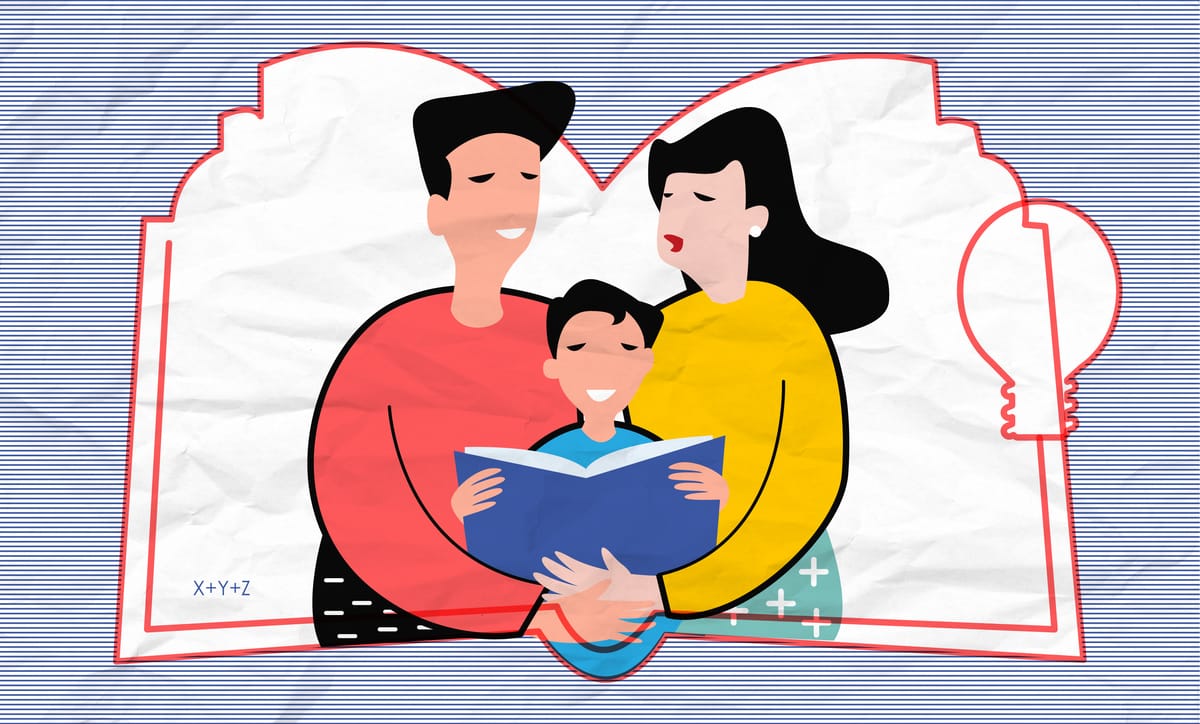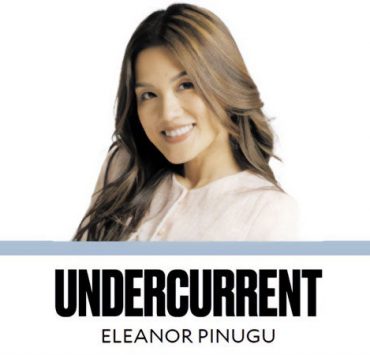Custodian of my family’s dreams

I was 5 years old when my grandmother first told me to become a lawyer.
At that age, the word carried no weight beyond the syllables it took to say it. It was an idea, a suggestion spoken in the lilting tone of someone who I admired. She always had a habit of painting me pictures of dreams I never even considered to be possible. In time, she was the force who pushed my parents to leave the quiet comfort of Leyte for the city, convinced that her dreams for me needed wider horizons to grow.
At a young age, being uprooted from the place I still call home wasn’t easy. My new school only allowed for English and Tagalog to be spoken, yet I only knew how to speak in my mother tongue, Bisaya. However, I adapted and slowly came to understand just how different life was in the city.
It demanded resilience, magnified my flaws, and made me acutely aware of how I stood apart. In time, I began to compare myself, measuring my worth against unfamiliar standards—ones that demand more than what I was once accustomed to.
In this city where the streets never slept, I came to understand ambition. Year after year, until I was 10, she would repeat it to me like an incantation: “When you grow up, you have to become a lawyer.” I nodded each time, but I did not grasp the cause of her insistence.
Growing up as an only child meant I was used to being the custodian of my family’s dreams. They wove expectations around me like a tapestry—one thread of love, one thread of duty, and a thousand threads of sacrifice. My mother, who once harbored her own ambitions, tucked them away like hidden letters, so that I could write mine instead. My father told me that education was the only inheritance that could never be taken away and my grandmother made sure I never forgot it.
In the beginning, the dream of going to law school felt borrowed. It was an ambition I felt had been written for me, a path I was expected to follow rather than one I had chosen for myself. However, as I grew older, I began to see the world without rose-tinted glasses. Slowly, what once felt like an obligation transformed into a conviction of my own.
But to dream in this country feels like grasping at a flame—fragile, unsteady, and always at risk of being extinguished by the weight of reality. I have witnessed how harsh life can be and continuously watch the news play out like a tragedy in real time. We live at a time where justice would bend under the weight of power. I have seen even the most powerful voices swallowed by silence and I see the hope of the youth crumbling beneath the burden of reality. There are days when the idea of law feels like a cruel joke, a script written for a play where the ending is already decided. The scales seem perpetually tipped in favor of those with power, where the gavel falls only for those who can afford its mercy. The fight for justice, more often than not, seems endless.
Yet, I dream still.
I dream not because I am naive, but because surrender has never rewritten history. I dream because my grandmother’s voice still echoes in my memory, unwavering and insistent. I dream because my parents’ sacrifices demand that I do. I dream because this country, despite everything, still deserves people willing to stand in the storm—people who refuse to let the wind dictate when that fragile flicker of fire dies.
And so, I hold on to the hope that the tides will eventually change and I hope you, reader, do, too. Let us hold on not to the illusion that things will magically change, but to the conviction that it can happen; because to stop dreaming would mean to accept that things will always be this way. I cannot and refuse to believe so.
The law, at its core, is meant to be a promise—a pact that justice is blind to power and influence. It is a promise that the truth will always prevail and that even the smallest voice will be heard. If that promise has been broken then it is not mine alone to mend, but ours to restore. I will carry the weight of this dream, but it is a fight that demands more than one set of hands.
Someone has to hold on. Because hope, however fragile, is still worth holding on to.

















Why industrial revival fails without SMEs